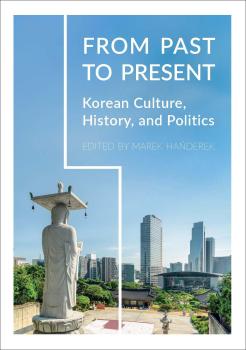An Analog Parasite of the Hyperdigital Era? The Reading-Aloud Wave in Contemporary Korea .......... 131
Streszczenie
The burgeoning popularity of downloadable audiobooks in contemporary South Korea is a fascinating cultural phenomenon. Historically, reading aloud often adopted a monotonous and soporific tone, likely due to cultural reservations about emotional expression. However, a significant shift appears to have occurred over the past few decades. A noteworthy aspect of this trend is the emergence of YouTube influencers who teach individuals how to enhance their reading performance. Such developments prompt the question of whether they are merely a by-product of digitalization or if they represent an analog countermovement. While electronic audiobooks may be digital in a technical sense, listeners engage primarily with the “analog” voices accessible to their senses. After all, despite advances in text-to-speech technology, the audiobook industry still relies on human voice actors. Although this topic has yet to attract academic interest, public awareness is growing regarding the significance of this new “era” or “wave” of reading aloud, as reflected by media coverage in newspapers. In view of larger concepts – such as the idea of a return to orality and aurality after decades or centuries of sight-dominance – this chapter summarizes the development, provides a tour d’horizon of the facets of this cultural phenomenon, and discusses the relevant assessments and explanations circulating in public discourse.





